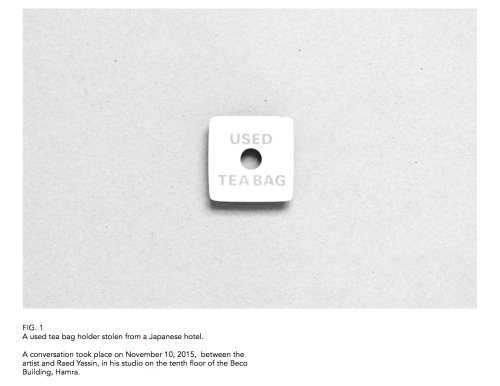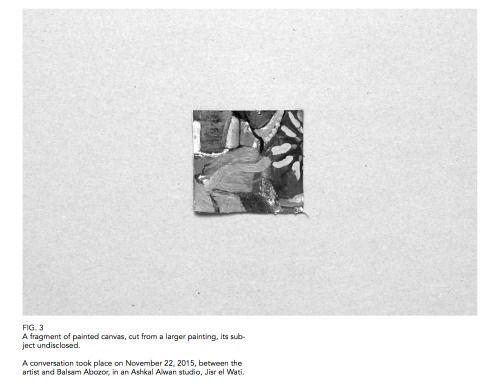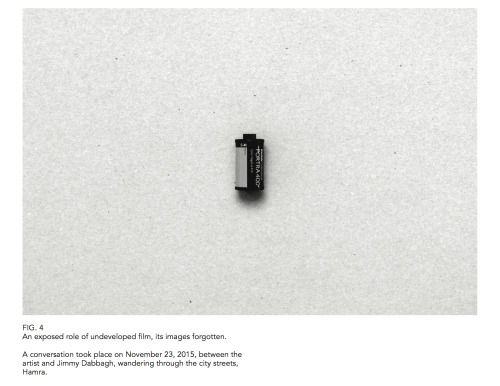Ten Objects
2015
A series of conversations and their objects, with Raed Yassin, Marwan Rechmaoui, Balsam Abozor, Jimmy Dabbagh, Raymond Gemayel, Ieva Saudargaité, Mohamed Berro, Merve Ertufan, and Bahar Noorizadeh
Exhibited at the Beirut Art Residency’s Open Studio, December 2015.
Some Fragments, an accompanying essay:
Do objects whisper among themselves?
This recent history of ten objects is not a careful illustration of conversations but rather an obscure index that suggests multiple stories. The collection presents an inexact archive, in no way concise, but rather vague and haphazard, littered with silences. An unclear snapshot of a place, a time, and its artists.
A short history of some objects (a history of hands and of bodies).
There is pleasure in fragments, a curious seduction. The invitation to fill in the blanks. Where fact ends, fabulation begins. I give you only the objects and their accompanying names, places, and dates; the sequence with which each object was exchanged, one for another. And the rest?
What was spoken became fiction in a moment. Recollections of each conversation already subjective, unstable memories in the minds of those present. And I can no longer recall their precise details, their unclear trajectories, the asides and tangents, monologues and pauses.
Memory is hysterical, a poet more given to dreaming than to truth.
Objects pass from our hands into obscure narratives, into a secret life we can never know or trace. And perhaps these ten objects will be exchanged again, lost or forgotten, kept safe or confined to a bottom drawer. But in time, they will circulate, as all objects do, percolating through different hands and homes. Objects, like people, are nomadic; their significance transitory. Vessels of shared hopes, dreams and fears. Such small vessels with so many stories – an unexpected weight.
For the time being, these ten objects will hold the memory of brief conversations before disappearing into other lives and into the city. Where are they now? I wonder. Do they remember me?
And here, a curious haiku of artefacts and their incidental narrative; a key, a ‘used tea bag’ holder, a ruler, a piece of canvas, a roll of used film, a pencil, a T-shirt, a notebook, a postcard.
A hotel in Japan, unfamiliar voices on the TV, crisp white linen, and a bed with the collective depression of many bodies. A stationary store brightly lit, quiet. A T-shirt pressed up against your skin or crumpled at the bottom of your bag.
The ruler will be forever useful (until the metric system is replaced by another). But the key to my apartment has only one use, and here, divorced from its door and worlds apart, its function ceases entirely.
Nothing on your list has been crossed out. Did you leave Chicago in a hurry?
A love letter was sown into the binding. You had to take it out, and you damaged the book as you did. The signatures separated from the cover. The broken spine cried for the loss of the letter. Where did that letter go? Do you recall what it said? It made you cry when you found it again, three years later. All the time spent in a dark cupboard could not dilute its words.
The blank notebook yearns for an absent other – a pen, a person.
You cut up your painting, but you didn’t tell me why. And now the pieces have been separated, and it can never be put back together again.
In my life, I will encounter millions of objects.
These ten objects are themselves insignificant, in the end. Only accidental markers in an entangled map of exchanges.













